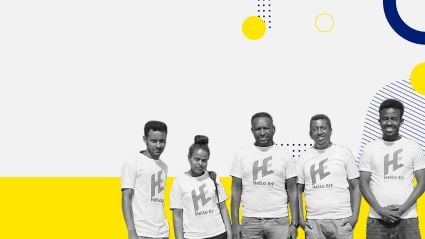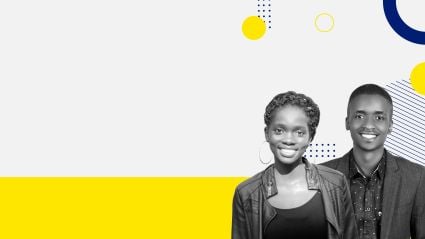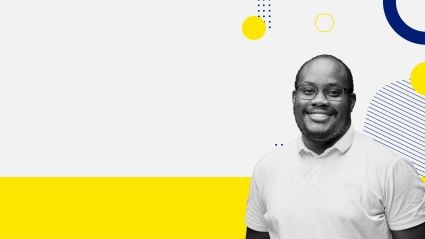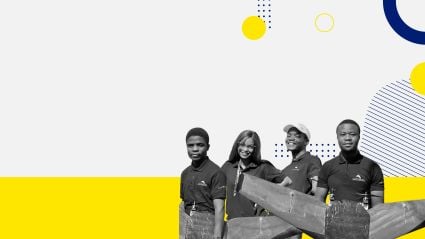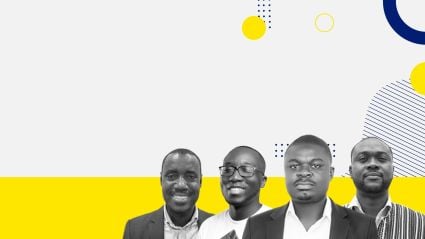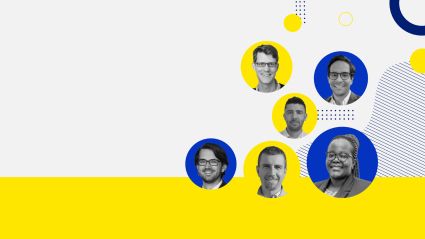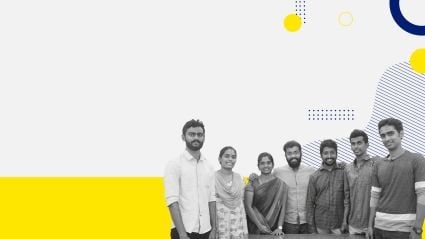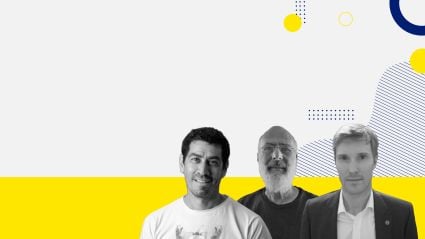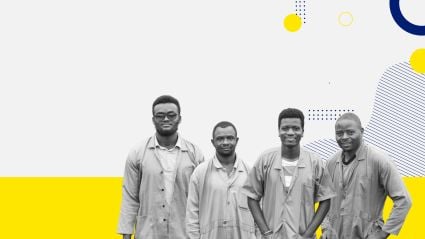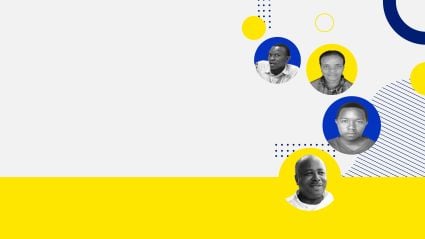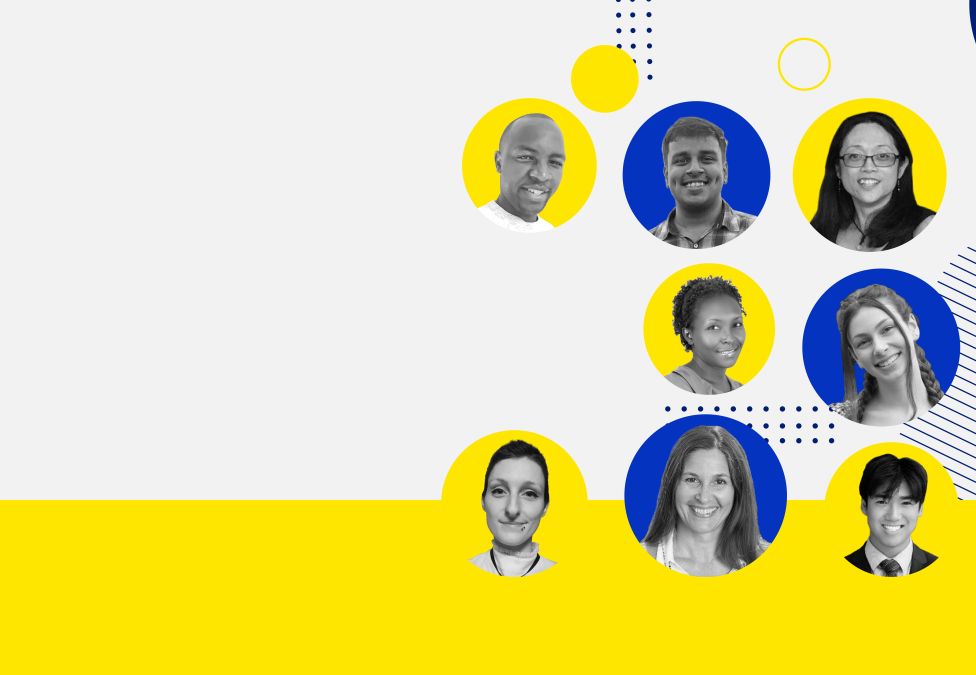
Pictured top row: Andrew Wambua, Aniket Dhole, Aurelia Kale; middle row: Betty Mbithi, Jesse Pound; bottom row: Jessica Chidester, Jill Parsh and Jun Lim.
Milken Institute: Tell us about your team.
VunaTec: Our project comprises seven team members from diverse backgrounds across the globe who connected remotely and found common ground around food waste in small shareholder farmers in Kenya. We bring unique skills ranging from research, UX design, business development, front-end web development, artificial intelligence, remote sensing techniques, finance, and operations.
The team recognizes how food loss and waste equal lost income for smallholder farmers, many of whom already live on the edge of hunger. Ensuring all food grown finds a home is essential with a growing population. We believe that we can accomplish that goal with tech-driven solutions while creating a positive social and environmental impact.
What inspired you to participate in the Milken-Motsepe Prize in AgriTech? In addition to competing for the $1 million grand prize, what do you hope to gain from this experience?
Taking part in the Milken-Motsepe Prize in AgriTech serves as an opportunity to be part of a global community of entrepreneurs and innovators harnessing tech for good. Learning from and collaborating with others across the globe offers a life-changing chance to support small shareholder farmers to become profitable and feed nations with zero loss and waste.
The ability to access insights from the investing community and the educational and mentoring components of the prize give voice and opportunity to those who wouldn't typically have this platform.
Being a part of this community provides a foundation to grow and build upon into the future as we continually strive to reduce poverty and hunger and feed nations with zero loss and waste.
How will your concept increase economic value to farmers in Africa?
Catherine, a smallholder farmer in Kenya, grows mangoes to support her family. Each year, nearly half of her harvested mangoes are lost, leaving her in a cycle of poverty. We believe offering drone technology with computer vision powered by artificial intelligence and machine learning will help smallholder farmers monitor their harvest, access markets, and significantly reduce post-harvest loss.
We aim to digitize, create, and solidify an organized value chain for mangoes that is traceable, transparent, inclusive, and efficient for farmers and buyers.
The art of using the drone around the mango trees to capture images, coupled with artificial intelligence and machine learning to interpret the data and get the correct timing of the mango, is where the magic happens. The right timing of the crop assists the smallholder farmer in making informed decisions regarding the best time to harvest and sell, resulting in less waste, better returns, and improved livelihoods.
What sets you apart from other teams in the competition?
Growing up in the village, Betty witnessed her grandmother's struggles as a farmer. She has childhood memories of seeing fruits sold at a throwaway price for fear of getting lost and wasted. She envisioned a day when she would see all farmers live transformed and sustainable lives.
Betty met Andrew during a virtual meeting, where Andrew narrated a story about how his mother once sold a 90 Kg bag of avocados for just $3 for fear of them going to waste. This story brought back Betty's memory of her grandmother's struggles. At that moment, she knew the time to take action on her childhood vision had come.
A qualified and dedicated global team was formed and brainstormed possible solutions to this challenge. At the same time, Betty came across the life-changing opportunity with the Milken-Motsepe Prize in AgriTech, realizing it was the time to actualize her long-held dream.
